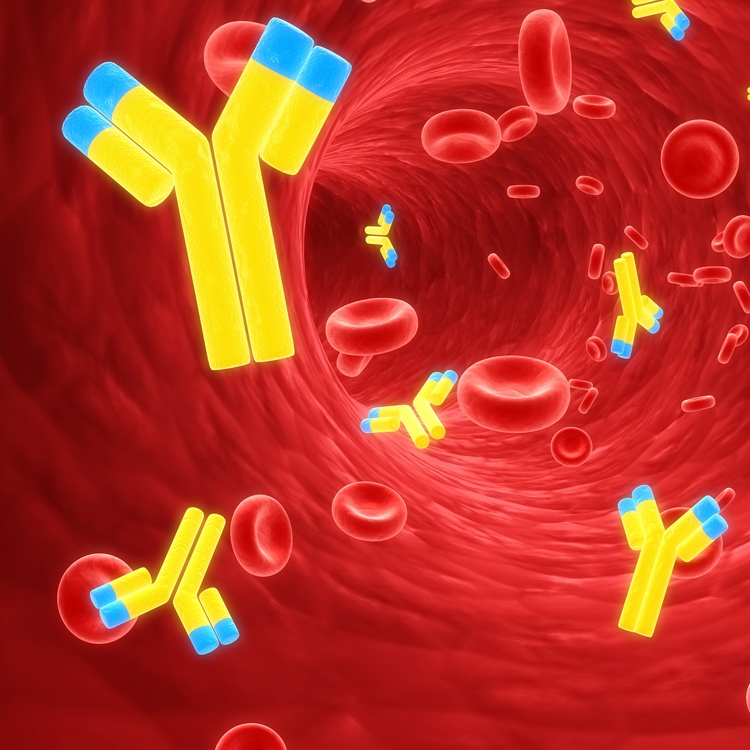October 1, 2018 -- The Science Advisory Board examined the preferences of scientists regarding the purchase and use of antibodies, as well as customer trust, satisfaction, and "best-in-class" vendors in the sector. Respondents also made comments detailing their ideas on reproducible research using antibodies, the responsibilities of both vendors and researchers when it comes to using commercial antibodies, and much more.

The survey also asked scientists about the antibody reproducibility crisis, the elephant in the lab that has been looming over the life sciences research community for some time. Researchers commonly waste money, samples, time and talent before realizing that their antibodies are not working for the application they are using it for, and according to a 2015 assessment from the Human Protein Atlas, under 50% of all antibodies available on the market are unreliable. Organizations such as the Global Biological Standards Institute (GBSI) have taken on the challenge of creating and establishing standardized guidelines to ensure that researchers know what they are working with when they purchase antibodies from reagent vendors, but as Leonard P. Freedman, Ph.D., president of GBSI, told us, the antibody reproducibility crisis is really a “two-headed monster.”
“There are researchers that could improve their own training methods, in terms of actually validating on their end [and] what they’re getting,” Dr. Freedman said. “And there are also the antibody producers and resellers that are producing very spotty quality antibodies. So it’s a real mess.”
Luckily, not all is lost when it comes to research antibodies, as companies such as Abcam and Cell Signaling Technology (CST) go through rigorous validation procedures to ensure that when it comes to their antibody products, what you see is what you get.
“At Abcam, providing high levels of validation for all of our reagents and kits has always been a priority,” said Alejandra Solache, PhD, vice president of New Product Development at Abcam. “With a requirement for labs to reduce costs and make efficiency savings, alongside the constant pressure to publish, we believe it’s crucial to work together with all stakeholders to improve research reproducibility.”
Abcam and CST are part of GBSI’s working group for the establishment of standards for antibody validation, and both companies have received awards for providing consistently high-quality reagents, with CST winning the 2016 CiteAb Award for “Researcher’s Choice” for the second year in a row, and Abcam receiving the 2017 CiteAb Antibody Company of the Year and Most Exciting Antibody Initiative Awards. “The antibodies CST develops are always designed with the end-user in mind, and validated in the most appropriate model systems and techniques,” said Anthony Couvillon, Ph.D., scientific project manager, and Roberto Polakiewicz, Ph.D., chief scientific officer at CST. “This science-centric approach results in CST products leading the way to the discovery of new biomarkers, signaling pathways, disease mechanisms, and the development of new assay methods, and is the main reason why CST products are highly cited in the groundbreaking studies presented in major journals.”
We will have more to report on the sphere of commercial antibodies in the coming days. Be on the lookout for another article detailing the validation techniques and evolving technologies being used to solve issues in the antibody space.
Copyright © 2018 scienceboard.net






